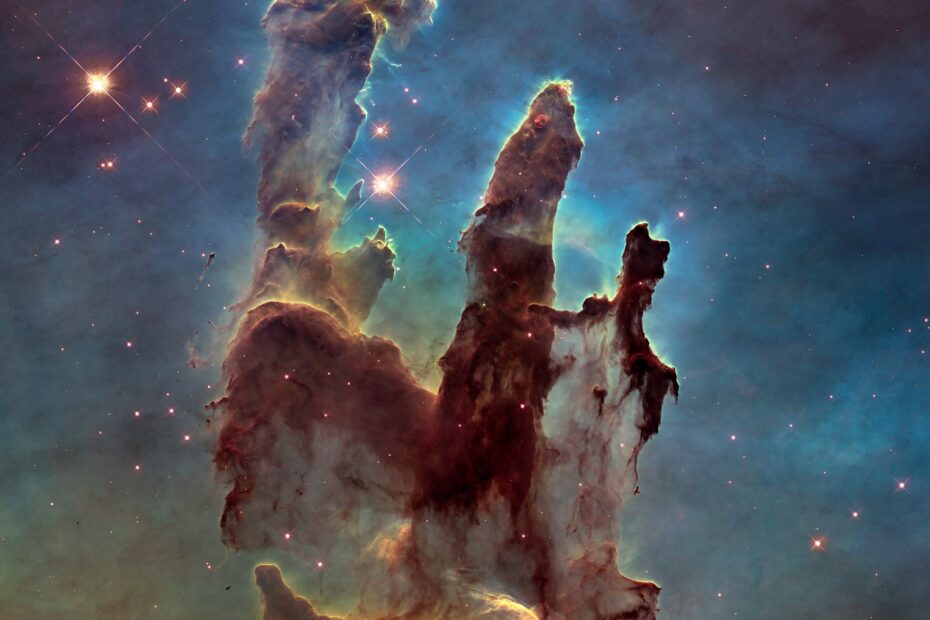Discussion Post I submitted for my Atlantic University TP5110 Course –August 27
Huston Smith says that only “four letters, ’tism,’ separate scientism from science” (2003, p. 233). Rupert Sheldrake, in his wonderful Ted Talk, provides an excellent description between science and scientism. He says that “there is a conflict in the heart of science between science as a method of inquiry-based on reason, evidence, hypothesis, and collective investigation, and science as a belief system or a worldview” (Sheldrake, 2013). As Robin notes in this week’s question, we have extensively covered scientism’s faults as a driving force in our modern culture, which, as Smith notes, “nothing good can be said” of it (2003, p. 233).
Science as a “method of inquiry” has brought tremendous positive changes to how we live and communicate. Robin notes that healthcare is a crucial area where science has improved our lives, increased our life expectancy, and generally from strictly a physical perspective, have made us healthier. Even just the advent of a CTAN scans and MRIs have provided doctors with invaluable tools that enable them to see what’s happening internally to a person.
I would not be alive today if it weren’t for this fantastic technology. I came down with an acute stomach attack in 1996, which baffled the doctors for hours. They did a battery of tests on me for at least 12 hours only to discover that my gallbladder had died because a gall stone had cut off the blood flow to the organ. I wasn’t female, fertile, or forty, which are the usual markers for individuals with gallbladder issues. Thus, my condition confused my caregivers until they hooked me up to a machine that watched my digestive system from the time I drank an awful chalky liquid until it passed through to what was supposed to be my gallbladder. When they opened me up, the organ had turned gangrenous, and I had developed an infection covering the entire region. Had this happened earlier in the century, the condition would have taken me before they figured out what was wrong. I stayed in the hospital for a week on a serious antibiotic dose, which again science has delivered to our world with excellent results.
The Hubble Space Telescope and the various planet probes have also answered questions that have driven humans since our inception. Seeing the rings of Saturn, or the gaseous nature of the Sun has not only provided some of the most striking photographs ever taken, but it’s also answered basic questions such as what elements make up the planets, and what covers their surface. Our probes to Mars confirm that it once contained water with the discovery of ice on its pole. It represents one of the most exciting discoveries of the past generation. The obvious implication is that where there is water, there is life.
With these modern discoveries, science has fundamentally changed the questions that religions once sought to answer. Whereas the Greeks and Romans saw a plethora of gods responsible for how the planets moved and interacted, for example, we now understand from a scientific perspective the gravitational influence. And while our transition to a more scientific-oriented culture, which earlier scientists believed would be the death of religion, we now have a matured our the Creator and how we’re all connected. As scientists answer old questions that stumped our ancestors for millennia, new and more complex issues now arise. Science can help unlock these too with its tools of observation and line of inquiry, although there are limits to its abilities.
Science can be a tremendous asset if it lets go of its tendency towards scientism and gets out of its own way. In this week’s video, Robin notes that science itself is product, a human invention, or one of nature as we’re all part of God’s creation (Weeks, 2017). Science needs to shed its tendency towards tyranny and its desire to lord over us, like the very fact it shut off debate by banning Sheldrake’s original Ted Talk. By shedding the shackles of scientism, it will be free once again to return to its foundation as a “method of inquiry.” It can emerge as a tremendous help in answering the most fundamental questions of our time, like human consciousness, and other subjects we’re tackling in this master’s program.
As Sheldrake concludes, as people question science’s dogma, “new forms of research, new forms of possibilities [will] open up…Science will undergo a re-flowering, a renaissance” (Sheldrake, 2013). As I commonly say, the truth is a pesky thing, and you can’t shut it out forever. Science is slowly moving in the right direction as more and more people do question its dogma. And like other paradigm shifts, it will eventually get there, and when it does, we can welcome it warmly.
References
Sheldrake, R. (2013, March 15). The science delusion banned Ted Talk [Video file]. James Dearden Bush. Retrieved from https://youtu.be/JKHUaNAxsTg
Smith, H. (2000), Why religion matters: the fate of the human spirit in an age of disbelief, “Scientism: the bedrock of the modern worldview.” In M.M. Zarandi (Ed) (2003). Science and the myth of progress (pp. 233-248). Bloomington, IN: World Wisdom, Inc.
Weeks, R. (2017, March 17), Critique3 [Video file]. Robin Weeks. Retrieved from https://youtu.be/9ZbIK-N14j4
